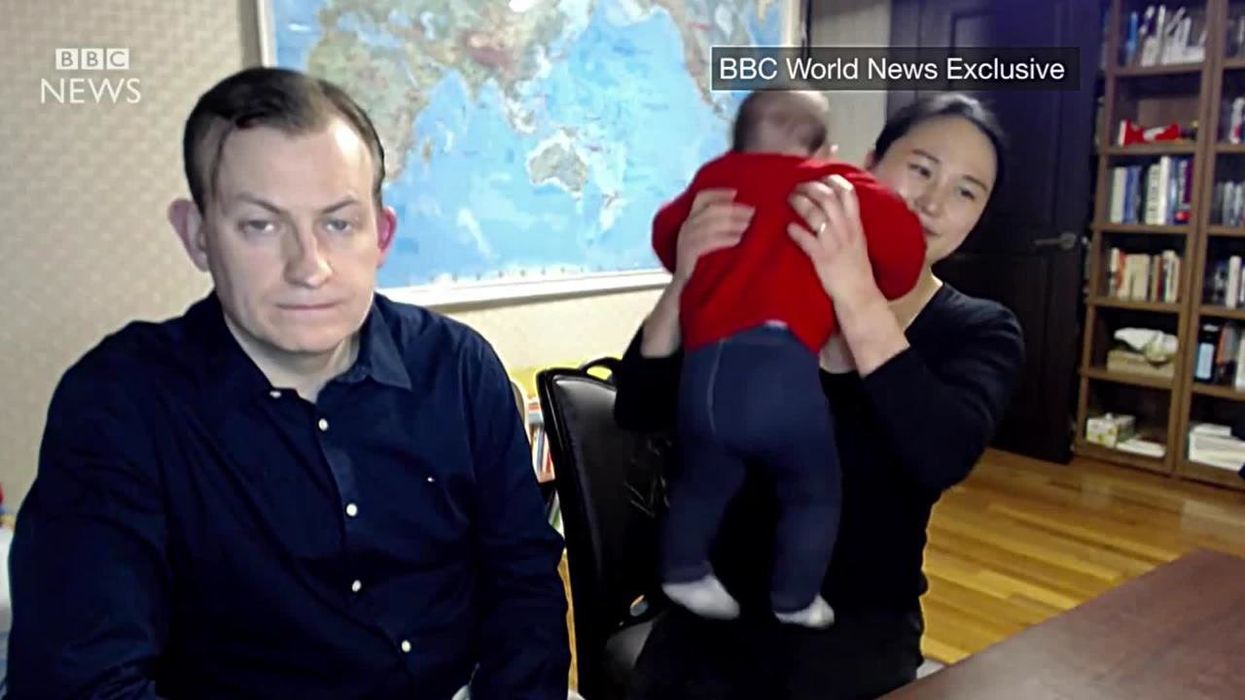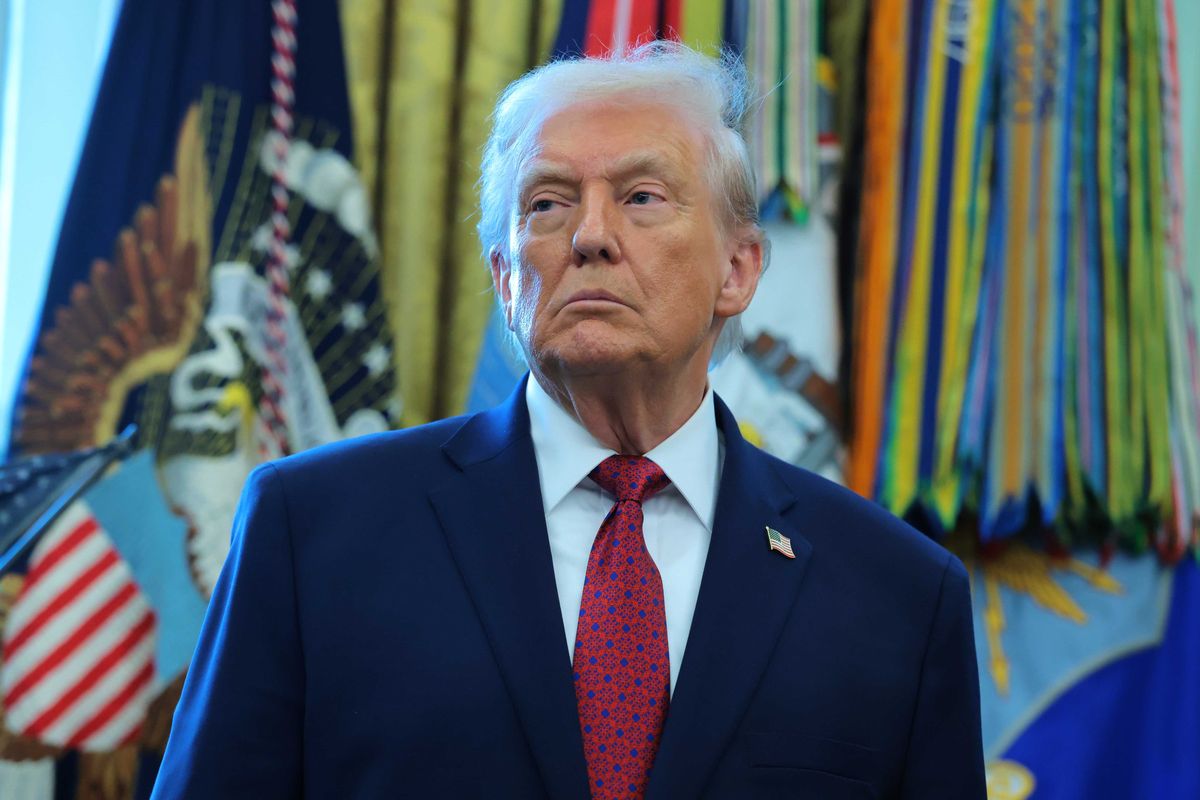Liam O'Dell
Dec 04, 2024
Presenter asks the Dad of BBC's Dad clip whether he was shocked by 'nanny' comments
BBC News
The ‘BBC Dad’ whose children famously gatecrashed his interview on live TV in 2017 is back in the news this week, as the professor of international relations has been asked for his assessment of the very brief implementation of martial law in South Korea.
The country’s president, Yoon Sun Yeol, called in the military on Tuesday night, in order to protect it from “the threat of North Korean communist forces, to eradicate the despicable pro-North Korean anti-state forces that are plundering the freedom and happiness of our people, and to protect the free constitutional order”.
Except, just hours later, the South Korean parliament voted 190-0 to overrule the implementation of martial law. Yoon called it off, and now a formal motion has been filed to impeach him.
It’s all a bit of a mess, and Twitter/X users have been crying out for Kelly to help them make sense of it all:
Thankfully, Robert E. Kelly appeared on Indian news channel WION to share his analysis.
Describing Yoon's actions as "impulsive", he said of the situation: “I don't think anybody out there who studies South Korean politics expected this. I took lots and lots of emails from friends who were saying, 'what is this? What's going on?' I think, really, everybody was really surprised by by this.
"I don't think the Yoon administration telegraphed this in any meaningful way and it looks like Yoon did it for fairly small, unimportant reasons, like investigations into his wife and the budget and things like that. I mean, that's pretty shocking."
He added: "I do think the the larger issue, though - the 'anti-state forces' that he's talked about - I think what that is sort of code for in South Korean politics is the suspicion by conservative parties, conservative politicians in South Korea, that left-wing parties in South Korea are pro-North Korea, and that they are willing to make excessive concessions, if you will, to North Korea, in order to broker a peace, that they are sort of like Marxist or pro-communist, or something like that.
"That kind of language is left over in South Korea - in part because the Cold War, still, is continuing in Korea - and so there's a lot of the kind of anti-communist suspicion and paranoia that used to characterise the West 40 years ago that still exists in South Korea."
Fortunately for Kelly, there were no interruptions from his children for this interview this time around.
Sign up to our free Indy100 weekly newsletter
How to join the indy100's free WhatsApp channel
Have your say in our news democracy. Click the upvote icon at the top of the page to help raise this article through the indy100 rankings.
Top 100
The Conversation (0)













